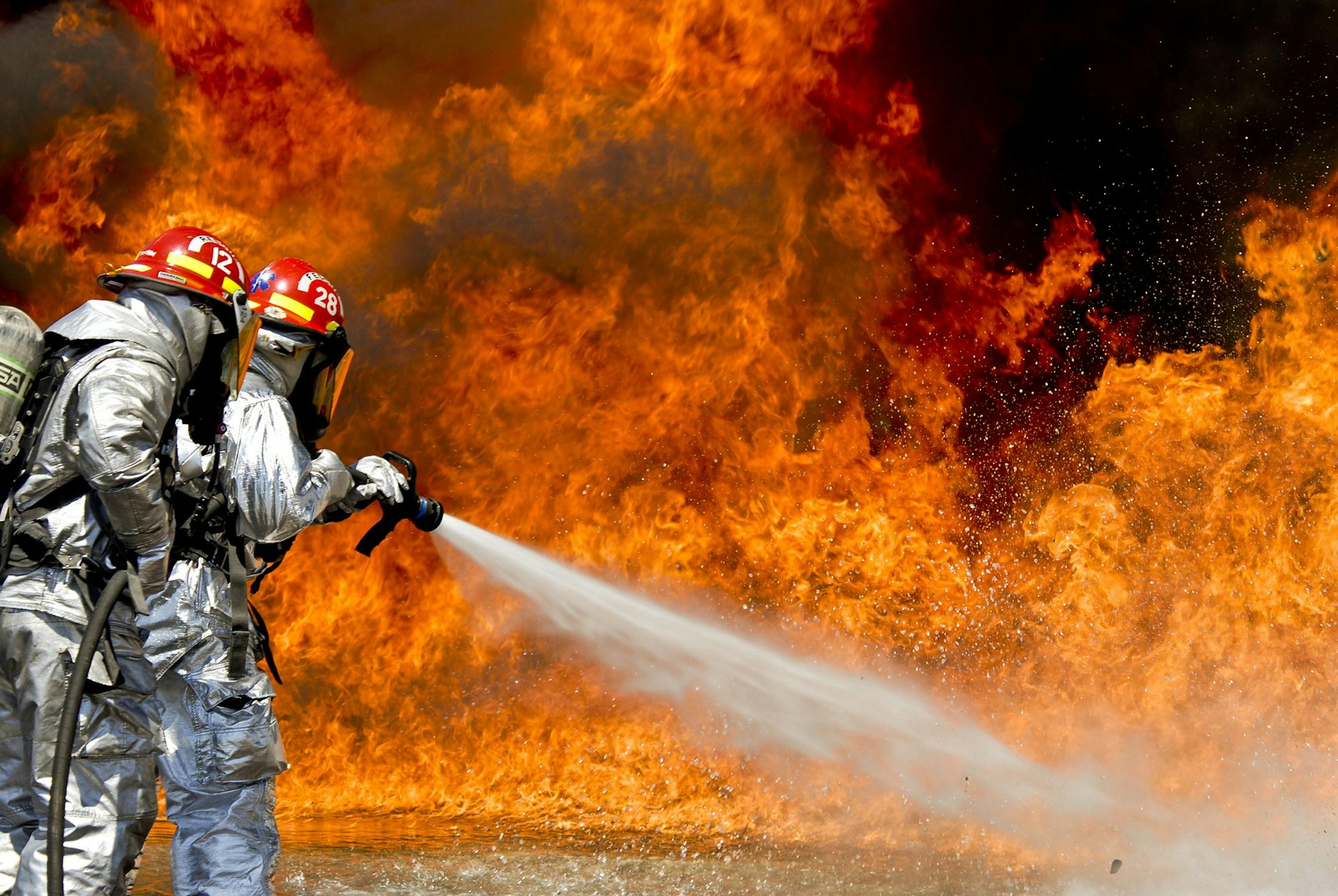
Becoming a first responder sounds like an exciting way to spend your days. And it’s fulfilling too, as you get to help people in their moment of need. But it’s not an easy career path for many reasons, demanding a unique combination of physical stamina, mental fortitude, and emotional resilience. As a first responder, you’ll often be an unsung hero who is the first on the scene during emergencies, making decisions that often mean the difference between life and death. So do you think you have what it takes? This blog explores the essential qualities and skills needed to excel in this challenging yet rewarding field. Whether you’re drawn to fighting fires, providing medical care, or ensuring public safety, discover if you have what it takes to join the ranks of these brave individuals who make a difference every day.
First responders come in various forms, each possessing distinct roles and responsibilities that are crucial during emergencies. Firefighters are often the first image that comes to mind; they tackle fires, yes, but also respond to car accidents, chemical spills, and natural disasters, risking their lives to save others and minimize property damage. Paramedics and EMTs (Emergency Medical Technicians) are the medical first responders who provide critical care at the scene, stabilizing patients until they can be transported to a hospital. Then there are Police Officers and Law Enforcement Agents, who ensure public safety by responding to incidents of crime, maintaining order during public events, and offering support during disasters. Each of these roles requires a specialized set of skills and a profound commitment to serve and protect the community, epitomizing courage and compassion amidst chaos.
Within the overarching categories of first responders, there are numerous niches and specialties that cater to specific types of emergencies and scenarios. For example, in the realm of firefighting, there are Wildland or Wilderness Firefighters who specialize in combating forest fires, employing unique strategies and equipment different from those used in urban settings. The medical field features Flight Paramedics, who provide critical care in air ambulances, necessitating skills in handling patients in confined and unstable conditions. Additionally, law enforcement includes special units like Bomb Squad Technicians who are trained to defuse explosives and conduct investigations related to bomb threats. These niches not only highlight the diversity in the roles of first responders but also the depth of expertise and specialization required to effectively manage a wide range of emergency situations.
There is a lot of scope to pursue a career that sounds interesting to you as a first responder. But what exactly does it take to be one?
Training and Development
The pathway to becoming a first responder encompasses a variety of training elements, each tailored to equip candidates with the skills, knowledge, and resilience required for the job. In-person training sessions are fundamental, focusing on physical conditioning, hands-on practice with equipment, and real-time decision-making drills. This form of training ensures that individuals can physically meet the demands of the job and are comfortable with the tools and technologies they will use in the field.
Online learning resources complement in-person training by providing theoretical knowledge, legal frameworks, and case studies. These platforms offer flexibility, allowing candidates to study at their own pace while gaining insights into the critical thinking and procedural aspects of emergency response.
Simulation-based training plays a pivotal role, bridging the gap between theoretical knowledge and real-world application. Simulations, ranging from virtual reality (VR) experiences to complex, scenario-based drills, offer realistic, immersive environments where trainees can hone their skills without the real-world risks. Notably, advancements in technology have led to the development of specialized tools such as an online fire simulator. These simulators provide a dynamic learning environment where future firefighters can practice navigating through smoke-filled environments, strategize firefighting techniques, and make split-second decisions, all in a controlled virtual setting.
Mental and Emotional Resilience
Mental and emotional resilience are paramount for anyone aspiring to become a first responder. The job inevitably exposes one to traumatic situations that can significantly affect one’s mental health and emotional well-being. But how can you gauge your level of resilience? It begins with self-assessment – recognizing how you handle stress, adapt to change, and recover from setbacks. Do you find strength in adversity or does it take a longer period to bounce back?
Protecting your mental health is an ongoing process, emphasized by regular self-care, seeking support when needed, and establishing boundaries. First responders can benefit from mindfulness practices, physical activity, and ensuring sufficient rest to combat stress. Professional counseling services, peer support groups, and stress management programs are also crucial resources. By prioritizing mental and emotional health, first responders can maintain their effectiveness and compassion on the job, while safeguarding their well-being.
In addition to personal practices and support, fostering a culture of open communication and vulnerability within teams of first responders is vital for mental and emotional resilience. This culture allows individuals to share their experiences and feelings, creating a supportive environment where everyone feels understood and valued. Leadership within these organizations plays a critical role in breaking down the stigma associated with seeking help, encouraging team members to speak up about their mental health challenges without fear of judgment. Ultimately, resilient teams are built on a foundation of trust, mutual support, and the recognition that taking care of one’s mental health is as crucial as physical fitness in the demanding world of first response.
Pursuing a career as a first responder is a challenging path that requires a comprehensive blend of physical training, mental preparedness, and emotional resilience. It involves mastering sophisticated equipment and techniques, embodying strength in the face of adversity, and maintaining unwavering compassion despite the inherent challenges. First responders stand on the front lines, ensuring our safety and health during the most critical moments. Their dedication is a testament to human endurance and the profound impact of serving one’s community.
